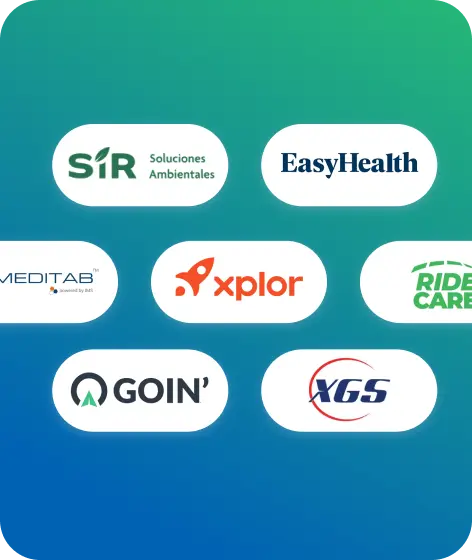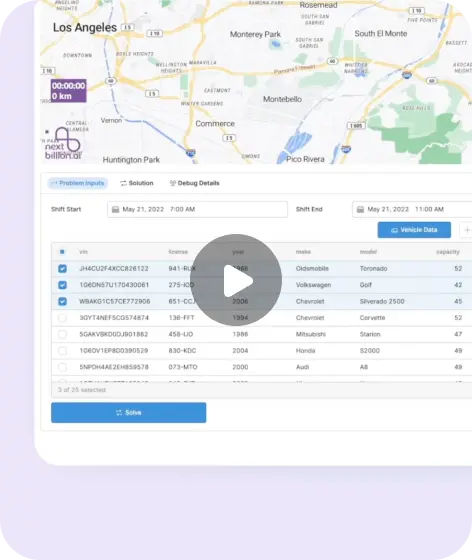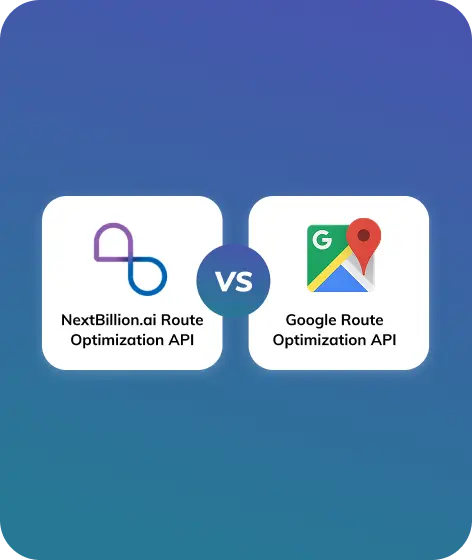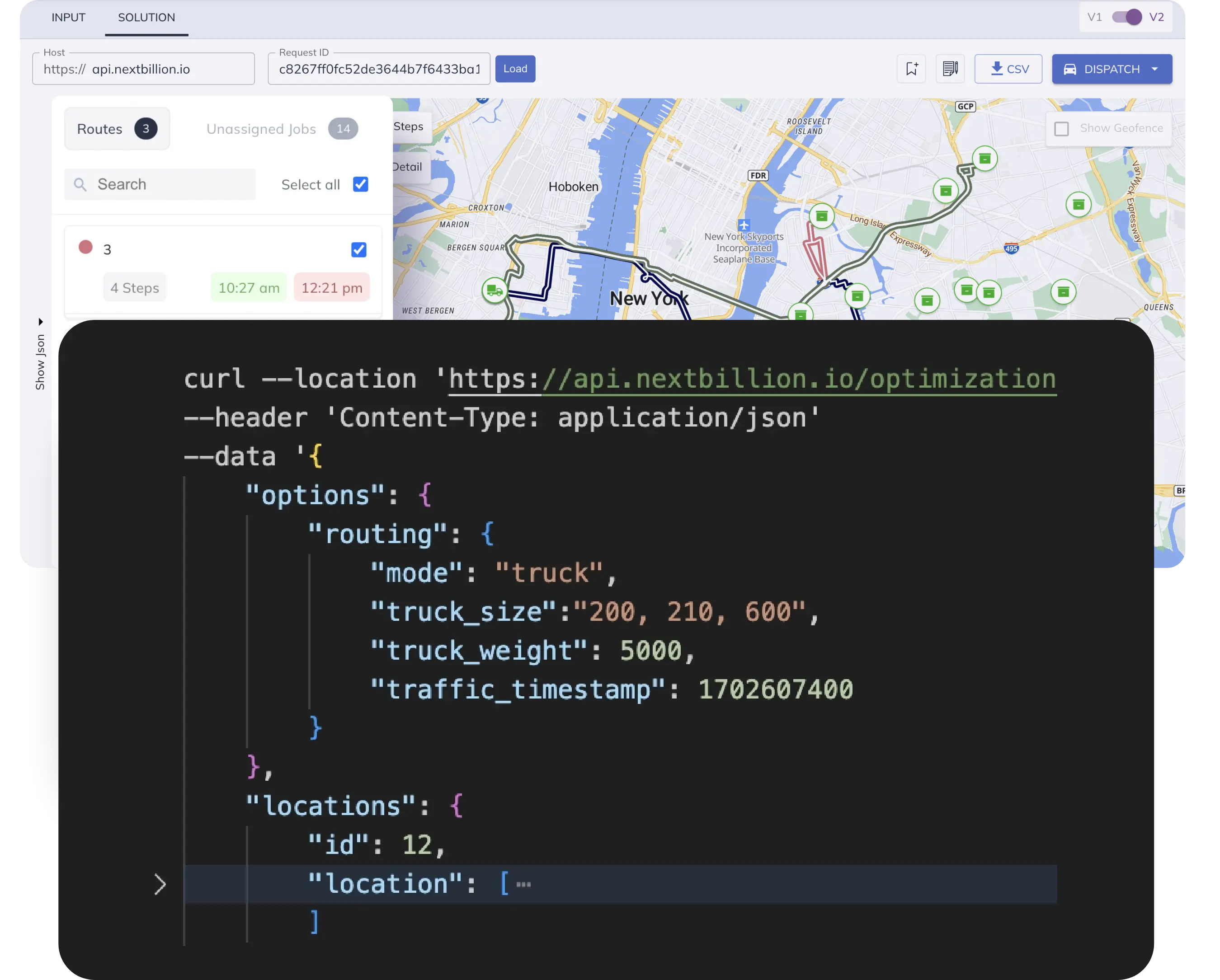Table of Contents
About the Company
Founded in 1985, Xpress Global Systems is a Tennessee-based provider of specialized shipping and distribution services across the USA. The company offers integrated white-label supply chain solutions, enabling customers to leverage their flagship distribution network while preserving the brand and customer experience.
The Problem
The existing transportation management system (TMS) at Xpress Global Systems was having trouble keeping up with the scale and complexity of the company’s nationwide logistics operations.
They faced the following challenges:
- Static routes
Once the route optimization process was completed, the routes for each driver remained static. They wouldn’t change on the go to account for traffic fluctuations, unplanned road closures or diversions and other unexpected events. This often resulted in excess miles driven and avoidable delays in delivery.
- Overtime planning
Drivers typically work in 8-hour shifts, extendable to 10 hours if overtime is deemed necessary. Overtime is an additional expense for the company, so it would be beneficial to schedule routes such that overtime is minimized without having to compromise service levels. However, their existing solution lacked the sophistication to do so.
- Driver dissatisfaction
Drivers were acutely aware of the existing TMS’s shortcomings. Knowing that it wasn’t giving them the best possible routes for their tasks and making their jobs harder than they needed to be, there was growing discontent among the drivers. They felt as though they were working for the system, rather than having the system work for them.
With the above issues causing negative effects on operational efficiency, customer satisfaction, employee morale and their bottom line, Xpress Global Systems decided it was time to find a more suitable solution to their routing needs. This is where NextBillion.ai entered the fray.
The Solution
The Xpress Global Systems team began evaluating NextBillion.ai’s routing solution, comprising a combination of our Route Optimization API, Directions API and Geocoding API. They ran identical optimization problems on our solution and their existing TMS, and upon comparing the results, they were quickly convinced about the value that NextBillion.ai brought to the table.
The following were the most important factors for Xpress Global Systems:
- Optimization efficiency
Our Route Optimization API’s advanced routing algorithms proved far more effective than those of the TMS that was already in place. This would help minimize miles driven, fuel consumption, emissions, vehicle wear and tear, and driver fatigue, all while enabling faster and more on-time deliveries.
- Dynamic routing
With NextBillion.ai’s ability to integrate live traffic data into the routing algorithm, drivers will always be shown the best available routes for their deliveries at any given time. Planned routes are amenable to change depending on real-time circumstances like traffic congestion and late order reprioritizations.
- Soft constraints
The availability of 50+ hard and soft routing constraints enables orchestration of routes and schedules exactly as required. With shift timings being one of these soft constraints, Xpress Global Systems would be able to optimize routes and driver shifts around minimizing the need for overtime.
The results of the evaluation were convincing enough to get enthusiastic buy-in from stakeholders across the organization. Our team then moved to help Xpress Global Systems deploy our routing solution to their production environment.
The Outcome
NextBillion.ai’s solution has had an appreciable positive impact on Xpress Global Systems since its integration into the company’s operations:
- A higher level of route optimization efficiency along with the capability of dynamic routing have contributed to a 13% reduction in miles driven per month on average while maintaining service levels.
- Through a combination of better routes, lower fuel consumption and more cost-effective APIs, the company saw a 35% reduction in operating costs.
- With the confidence that they’re plying the best routes that make their jobs as quick and easy as possible, employee satisfaction among drivers has risen considerably.
Ready to get started?
Request a DemoTable of Contents





